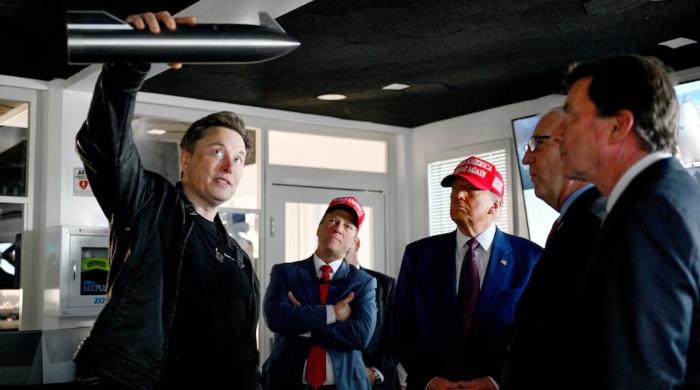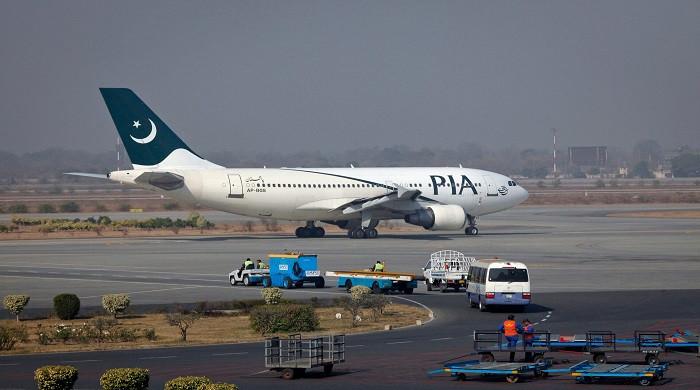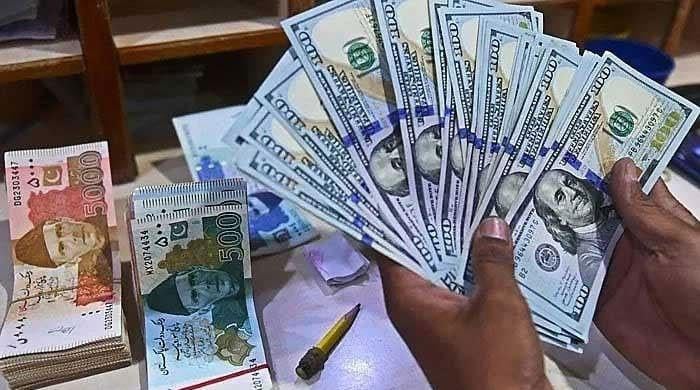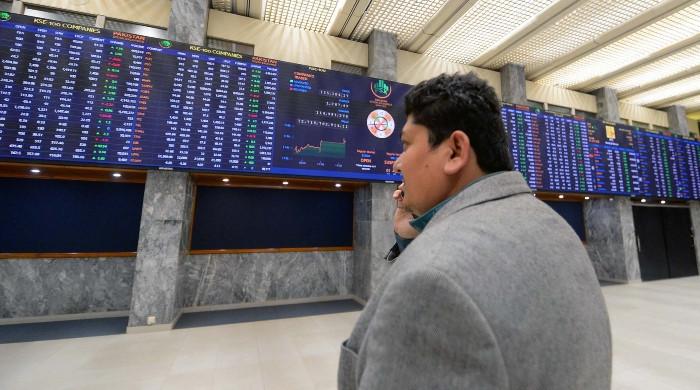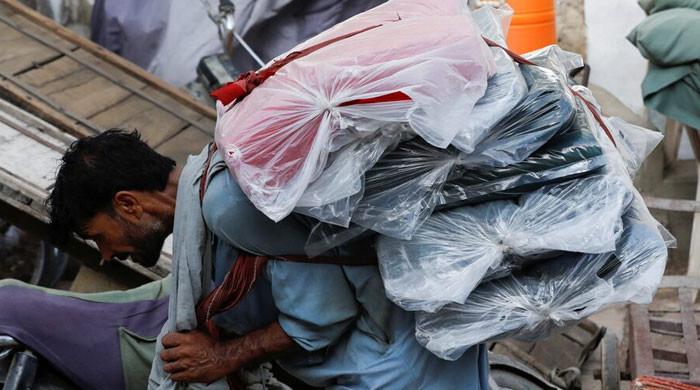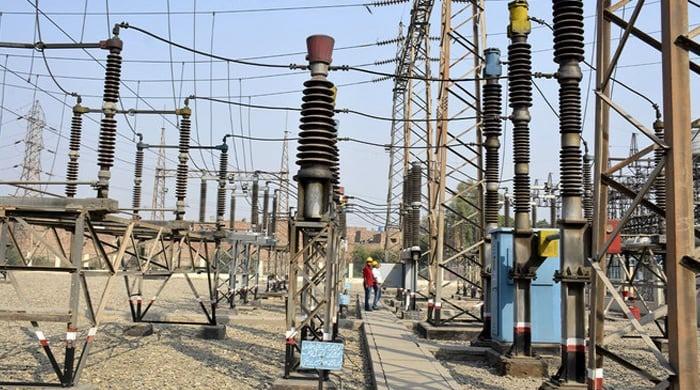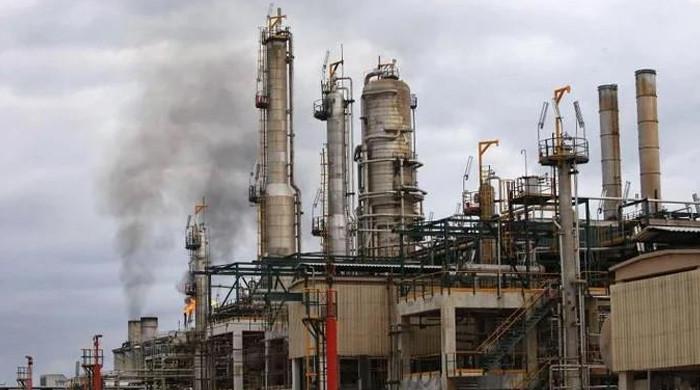Pakistan's economic future tied to Gwadar
ISLAMABAD: Chairman of Senate's National Defence Committee Mushahid Hussain Sayed said on Sunday Pakistan's economic future was linked to the development of Balochistan coast, particularly the port...
March 02, 2014
He urged the government to strengthen and upgrade Pakistan Navy, given its pivotal role in maritime security, development and national integration all along the 700- kilometre coastline.
He was talking to the media outside the Parliament House here to share details of the first-ever visit of the Defence Committee to Gwadar and Ormara, coastal cities of Balochistan.
Lauding the role of Pakistan Navy, Senator Mushahid Hussain said it was promoting national cohesion through its people-friendly policies. In this regard, he mentioned opening of hospitals and educational institutions by Navy for the people of Balochistan.
He said in the 21st Century, defence through maritime security and development through trade and economy was necessary through effective use of sea-lanes as sea power was playing the most important role in the present times. Hence, the budget of the Pakistan Navy needed to be substantially enhanced to meet the new maritime challenges.
He said all members of the Senate National Defence Committee were highly impressed with the role of people living in coastal areas like Gwadar and Ormara, who were talented, hard-working and keen on education. Despite lacking basic facilities and infrastructure, the people there had the zeal to excel.
He urged the government to invest in the area, while welcoming the effort to revive the Gwadar Port after the commercial agreement with a Chinese company to run this deep-sea strategic port.
He said if investment was made in the rich fisheries sector, its exports could go up to $ 2 billion from $ 200 million annually. (APP)




